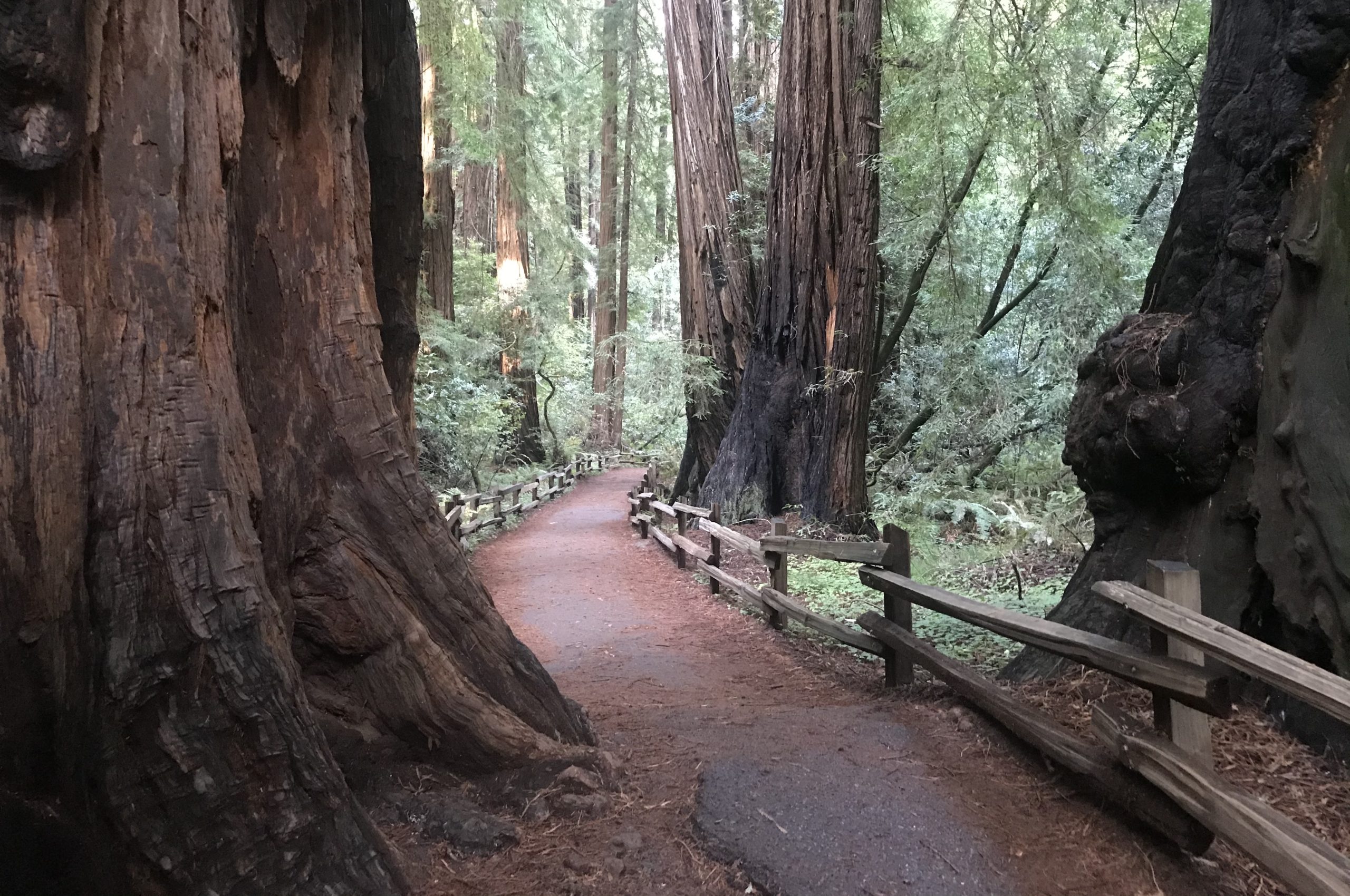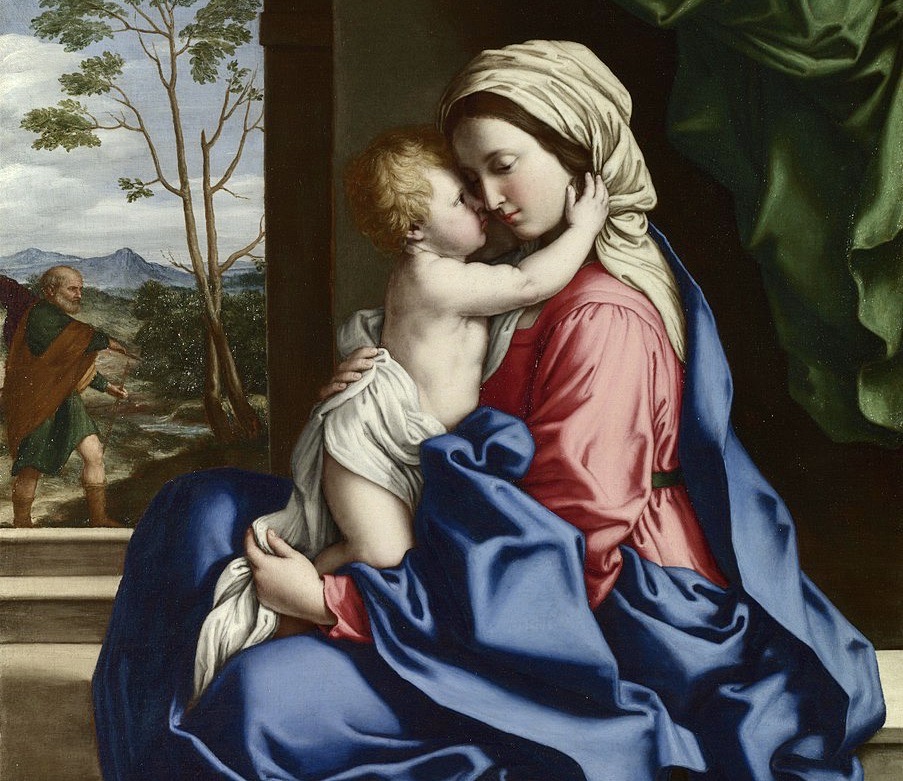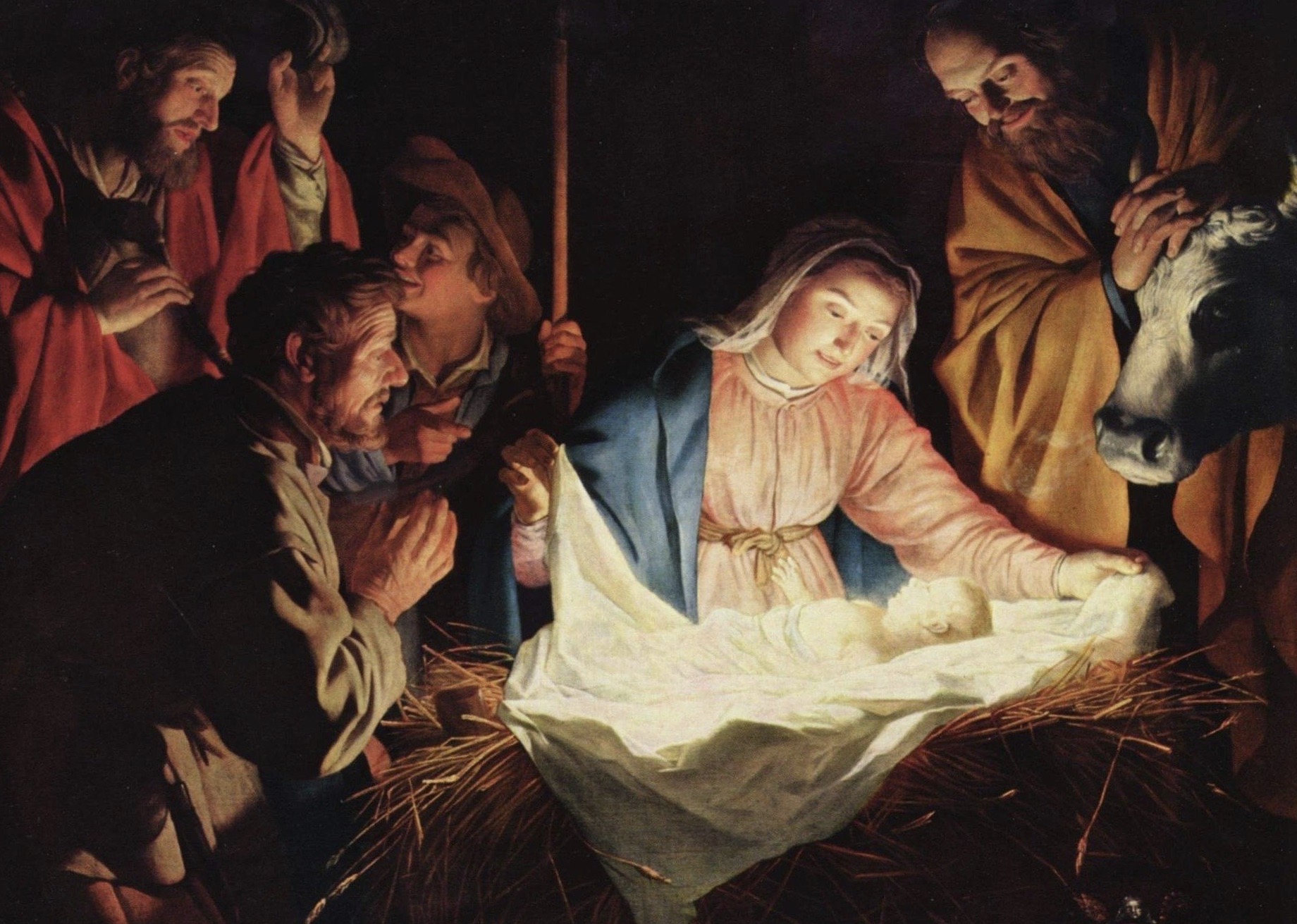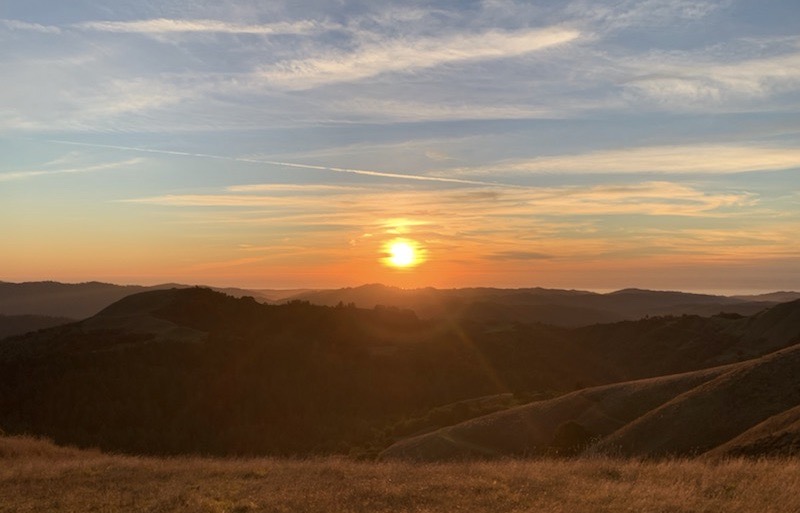Blessed Are Those Who Mourn
This statement really challenges us. In today’s culture there is a strong aversion to thinking about suffering. We prefer to distract ourselves with anything and everything to avoid thinking about sorrow. The real problem is that we do not understand why Jesus said “blessed are those who mourn” or what the fruits are.
Our decisions to do good or evil matter. Every moral decision has a spiritual effect on not only ourselves, but also on the whole world. It is like casting a stone into a still pond; eventually the ripples reach the shore. So too do our actions affect others. Each and every one of us is connected as members of the Body of Christ, so what happens to one member affects all the rest. When we truly understand this connectedness, we react with sorrow to the suffering around us. Whether the sorrow is the loss of someone’s family member or the suffering of others through illness or injustice, it affects us. When we mourn their loss, we sorrow with them. We imitate Christ, who mourned for Jerusalem, (Mt 23:37) who mourned the death of Lazarus, (Jn 11:35) and who mourns for the souls who choose hell instead of Paradise with Him.
As Christians, and especially as Catholics, we are called to be intercessors for the whole world. At the beginning of Mass at the Confiteor when we acknowledge our sinfulness and need for God’s grace, we end the prayer with “and I ask Blessed Mary, ever-virgin, all the angels and saints, and you my brothers and sisters to pray for me to the Lord Our God.” We proclaim our oneness as the Body of Christ. What happens to my brother or sister matters to me.
Prayer, fasting, and offering up sacrifices for those suffering is a way to spiritually unite with them, to spiritually walk the road with them, and to bring God’s grace into their lives. How many times have each of us had something devastating happen and we thought we would never recover? It was the prayers of others that sustained us through these dark times even if we were unaware of it. We can do the same for other people. Blessed are those who mourn, because those people understand that mourning with and praying for others is a reflection of what Jesus Himself does for each of us every day. It is this compassion that sends us straight into the abode of the Sacred Heart of Jesus where all comfort, peace, and joy reside.





